One of the most common sexually transmitted diseases is gonorrhea. If your sexual activity is quite impressive, there is a high chance for you to contract this particular disease, unfortunately. Familiarizing yourself with what the most prevalent gonorrhea symptoms for women are is important. It is the first step in determining what steps to take to get rid of the disease.
1. What Is Gonorrhea?

As stated, gonorrhea is a sexually transmitted disease, which is experienced by both men and women. Symptoms of gonorrhea can be seen in warm and moist areas of the body, such as the eyes, throat, anus, and urethra. For the female, though, the fallopian tubes, vagina, cervix, and uterus can also get affected.
Having unprotected sex, be it oral, anal, or vaginal is undoubtedly the number one means of gonorrhea transmission. People who have numerous sexual partners are at a greater risk if using best condoms is not exercised.
Gonorrhea infections can be detected within two days to two weeks upon exposure. As women, knowing how gonorrhea symptoms present for women and men is a good idea.
2. Gonorrhea Symptoms In Men
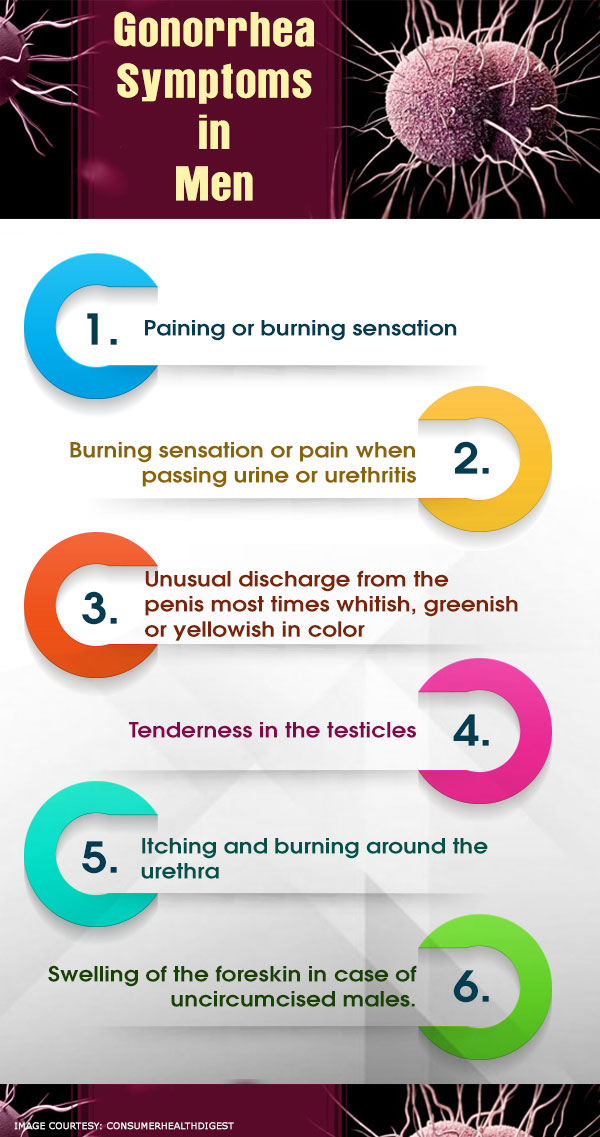
Most men do not develop obvious symptoms for many weeks, while others do not develop any symptoms at all. The infection can show a week after the sexual contact infection spreads. Some of the most commonly experienced symptoms are burning sensation while urinating, the urgency of urination, pus-like discharge from the penis, swelling or pain of testicles, and sore throat.
3. Gonorrhea Symptoms In Women
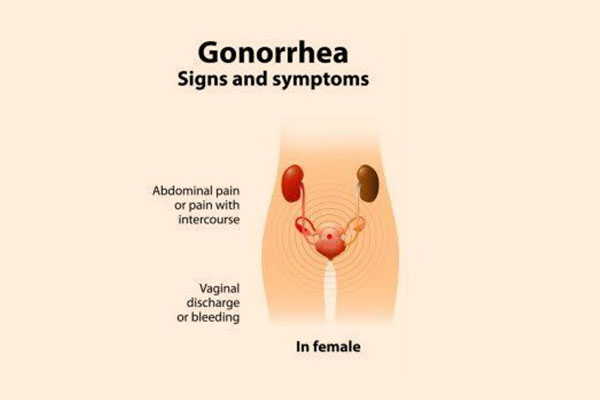
Like men, some women do not experience obvious symptoms of gonorrhea. Most experience only mild STD symptoms in women which can sometimes be mistaken for vaginal yeast infection or other bacterial infections. Symptoms are vaginal discharge which can be watery, greenish, or creamy, pain while urinating, abnormal spotting, the urgency to pee, sore throat, pain during sex, pain in the abdomen, and mild fever.
4. Understanding Non Symptomatic Gonorrhea
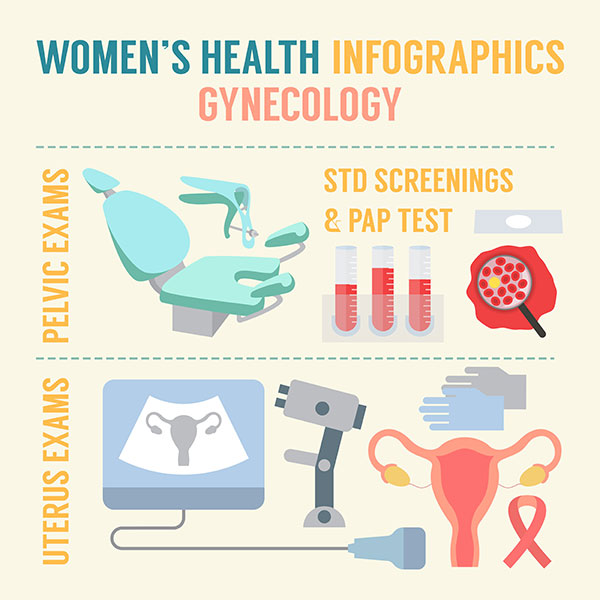
If you are not showing any noticeable gonorrhea symptoms for women, you might be a nonsymptomatic carrier. This also happens to men. Unfortunately, you may still harbor one of the primary gonorrhea causes, the bacterium Neisseria gonorrhoeae. Truth be told, nonsymptomatic carriers have increased the risk of spreading the disease than their counterpart.
If there is such a thing as nonsymptomatic carriers, how will you know if you have gonorrhea?
This is where STD Testing comes in. Medical professionals can diagnose gonorrhea in many ways. For ladies experiencing gonorrhea symptoms in women, a fluid sample is taken via swabbing the vagina, rectum, or throat. This will be placed on a glass slide. Since joint and blood infections are also feasible, a needle may be taken to withdraw the fluid if your physician suspects this is your case. Once this is done, a stain is added to the sample. Once the cells react to the added stain, you are positive for Gonorrhea. Another test makes use of a special dish. When the sample grows a colony of gonorrhea bacteria after a few days of incubation, it is a sure sign of your infection.
5. Can Gonorrhea Be Cured?
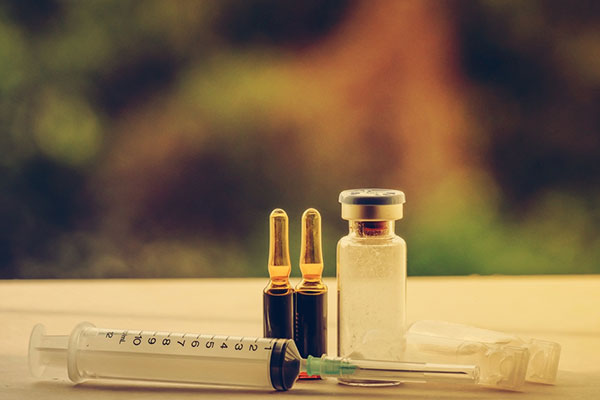
The good news is yes; gonorrhea can be permanently relieved. Since this is quite a common disease, seeking medical attention is not at all difficult. Tons of new antibiotics can cure gonorrhea infection. Unfortunately, there are no over the counter or home remedies that can solve this issue. Always seek medical attention the minute you are experiencing even the most subtle gonorrhea symptoms in women.
RELATED: Yeast Infection In Women: Things You Probably Didn’T Know About
6. The Treatment For Gonorrhea
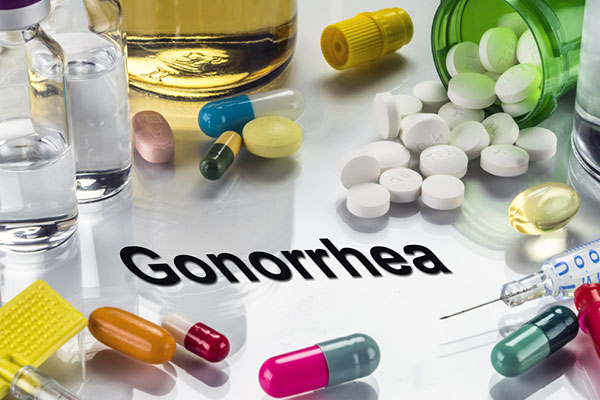
Here are some common gonorrhea treatments that you will come across:
a.Treatment Of Gonorrhea with Ceftriaxone via intramuscular injection on the buttocks or with one oral dose of Azithromycin are quick ways to put an end to this sexually transmitted disease. Antibiotics can provide immediate relief within just a few days.
b.Unfortunately, some strains of gonorrhea seems to be resistant to certain antibiotics. A more slightly aggressive approach should be taken for these certain types of gonorrhea. The checking physician may recommend an extended treatment of a seven-day course of antibiotics (or sometimes, even a dual therapy of two different antibiotics). Antibiotics commonly used are azithromycin and doxycycline. Being placed on antibiotics, you need to finish the entire course. If you abruptly end your treatment, you may not get rid of the infection right away. Worst, you may develop resistance to the antibiotics, which will make treatment quite more difficult.
7. Possible Gonorrheal Complications

If gonorrhea symptoms are left untreated, long-term complications may ensue.
a.Untreated gonorrhea in women may extend up to female reproductive tract and can lead to pelvic inflammatory disease. This can lead to chronic pain and eventual damage to reproductive organs. However, Pelvic Inflammatory Disease (PID) is not only caused by gonorrhea but by other stds, as well.
b.If you are experiencing gonorrhea symptoms in women, be alert. By not being proactive, you might develop blocking or scarring of fallopian tubes. This can hinder pregnancy or cause ectopic pregnancy. Also, if you get pregnant while being infected, the infection might be extended to the newborn, a definite no-no.
8. Can Gonorrhea Be Prevented?

Also, yes. Gonorrhea prevention is quite simple. One sure way is to practice abstinence or to at least stay in a monogamous relationship. Sleeping with multiple partners does not only make you susceptible to gonorrhea, but it also makes you susceptible to tons of other sexually transmitted diseases.
If you have had STDs before, you may have a higher chance of contracting gonorrhea. Same goes if you have a new partner. Be more open to them on this subject. Know if they do routinary testing and do regular STD testings, yourself. Also, do not forget to use condoms. No matter what happens.
Prevention
At this day and age, you need to be more protective of yourself. Always go above and beyond to ensure that you have a clean bill of health. At the same time, if you think you are experiencing gonorrhea, be considerate of others. Avoid any sexual activities and go visit your doctor right away. Give your physician all the relevant information, so that he or she can better address your situation. Provide them with details of your symptoms, discuss your sexual history more openly, and give them the contact information of your past sexual partners. If you are still in contact with you partner, let them know right away.
Gonorrhea is one disease that can be easily prevented. Take note of the tips mentioned above and you can protect yourself and your partner from this disease.
“Hope you find the post helpful and we are excited to hear what you think of it!”






